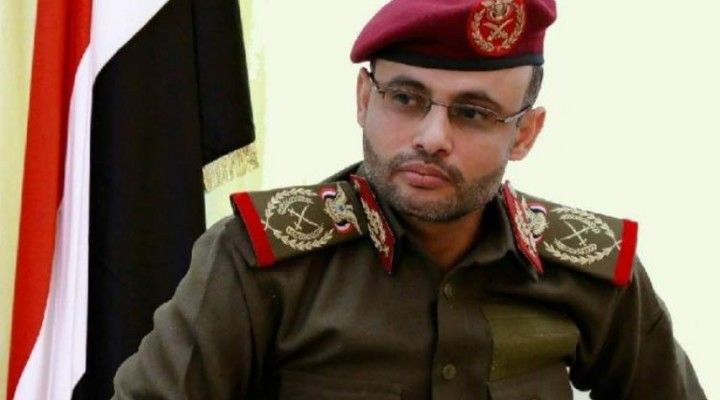Yemen: the truce is over

Sanaa can’t just sit back while the blockade persists and the noose is tightened
When the Ansarullah-led government in Sanaa held two massive military parades featuring modern missiles and drones, it was clear it was serving notice that the latest two-month ceasefire has expired and it is preparing for a resumption of war.
In a statement on Sunday marking the end of the truce extension period, the Sanaa government’s negotiating team said “throughout the six months of truce we sensed no seriousness in addressing the humanitarian situation as an urgent and important priority.” It charged that “the aggressor states are banking on the economic card and maintaining the blockade after the failure of all their other attempts to bring the Yemeni people to their knees,” and held these countries responsible for “the understandings reaching a dead end.”
The Sanaa government had complied with the ceasefire throughout the six months despite violations by the other side. It hoped it would be rewarded by the UN envoy and the direct or indirect state sponsors of the truce — like the US, Britain, Saudi Arabia, and the UAE — by moving to the next stage: negotiations leading to a sustainable political settlement that ends the war and gets the blockade lifted. But these parties seem to have assumed the ceasefire would simply be rolled over indefinitely with no improvement in its terms, and Yemenis would get used to it and see it as a favour from them.
The head of the Houthi Ansarullah’s higher political council, Mahdi al-Mashat, had told UN envoy Hans Grundberg that it was a fundamental demand of the Yemeni people for the salaries and pensions of public employees to be paid and the blockades to be lifted on Sanaa airport and the port of Hodeida. It seems these fundamental demands were ignored, even though they were agreed to in the cease-fire talks and the UN envoy gave assurances they would be met — especially by increasing the number and destinations of flights at Sanaa airport.
Resuming the war was the last resort for the Sanaa government after all alternative options were exhausted. It cannot be expected to sit back while the noose is tightened around the Yemeni people, Sanaa airport remains all but closed (except for two flights a week to Cairo and Amman respectively), and oil tankers are prevented from docking at Hodeida, Yemen is plunged into an energy crisis, its oil and gas resources are looted, and its people are left to starve.
The land and sea missiles that ‘starred’ in the two military parades, which can reach any point in the Red Sea, warned all parties that war would be resumed if Yemen’s demands were not met. But the other side ignored that message and treated it with disdain, a grossly irresponsible stance for which it may end up paying a high price.
So long as the blockade and the starvation policy remain in force, Yemen has nothing to lose if its army resumes fighting with the skill it has demonstrated over the past eight years. It is no secret that the Sanaa government used the six-month truce to upgrade its military capabilities and reorganize its ranks. It treated it as an opportunity to rest its troops and prepare for a new round of fighting, as it never trusted the international assurances it was given.
There is still an opportunity to stop trying to bully Yemen into submission and underestimating its army’s capabilities and resume talks on its demands for lifting the blockade, paying salaries, and seriously addressing its people’s humanitarian needs.
It is to be hoped that this opportunity is seized quickly to prevent a return to war. If its fuse is lit again it will be hard to extinguish. Houthi hardliners who never wanted the truce because they did not trust the other side’s intentions will have the upper hand, and every port on and ship in the Red Sea, including Eilat and Israeli commercial vessels, will be in the range of its new missiles.
https://www.raialyoum.com/yemen-the-truce-is-over/
 TheAltWorld
TheAltWorld 
0 thoughts on “Yemen: the truce is over”